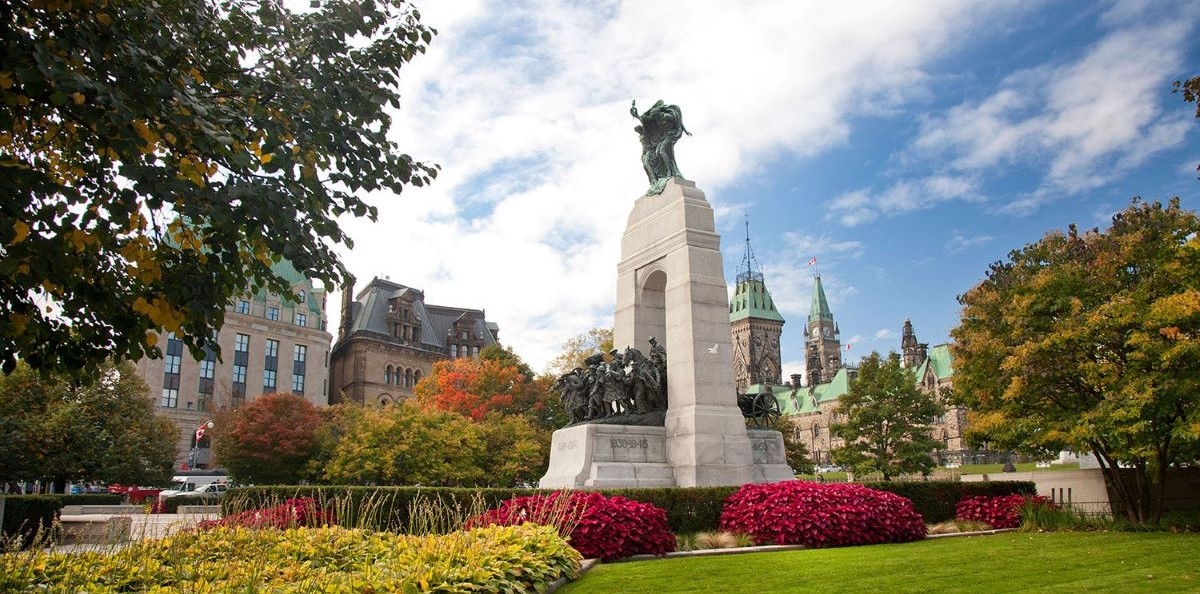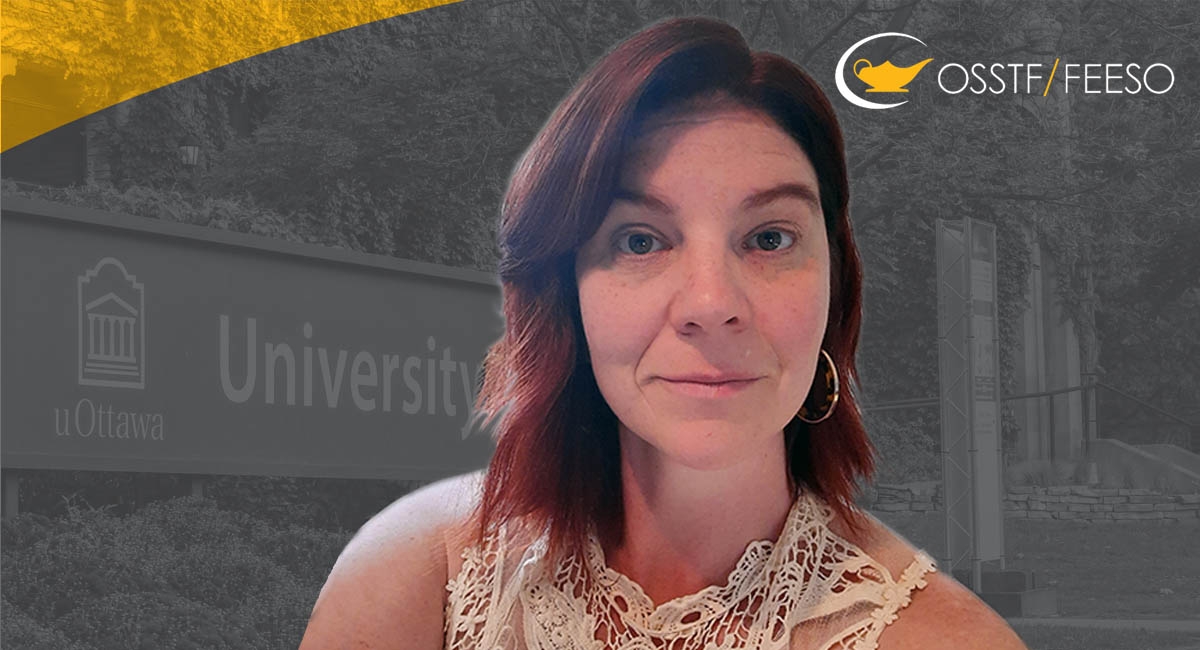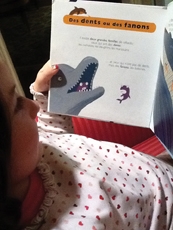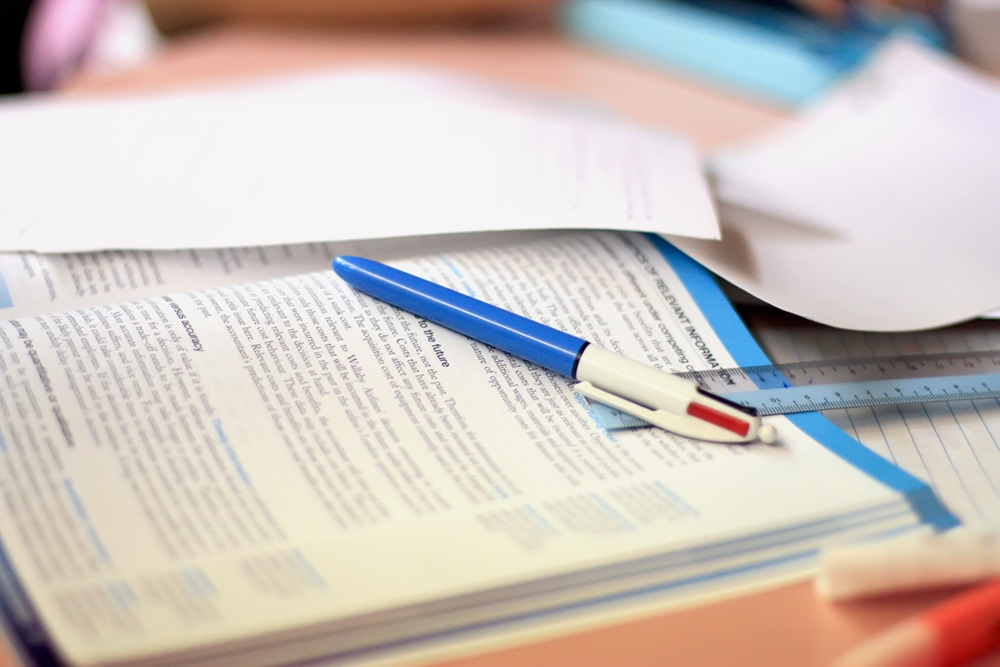
Education is our strongest weapon
By Chantal Beauvais and Manal Guirguis-Younger (Photo: Canadian Heritage/Patrimoine canadien)
The day of the fatal shooting of Cpl. Nathan Cirillo on at the National War Memorial brought immense sadness to us at Saint Paul University, and we remain heavy-hearted and concerned. There was grief and heartbreak. Over the years, Saint Paul University has, with great pride, provided training and residential accommodation to members of the military. Some of them have trained to serve on the Memorial Guard.
The tomb of the Unknown Soldier is a symbol of freedom. It is a nonpolitical and unconditional tribute to those who have put themselves on the line and have lost everything, so that we can live in a democratic society where all voices can be heard and respected. We continue to be proud today of all of those who put their lives on the line for our protection, values, and way of life. It fills us with pride when we see the many examples of the heroes who live quietly among us, but in our hour of need, rise to the occasion to protect us with all their might, and lest we forget those who gave everything they had. And yet, we also grieve for those who fall prey to radicalization and lose hope in the future, thinking that violence is the solution of choice.
These unfortunate events ultimately bring to us important questions regarding our role as an educational institution and what we can do to prevent such future tragedies. We strongly believe that education has a pivotal role to play in challenging and defeating radical ideas, whatever form these ideas might take. Radical positions, no matter what their nature (political, religious, identity-based), are skewed by a single unidimensional, and unexamined vision, preying on the incontrovertible human desire for meaning and the vulnerability to accept false promises of it packaged in violence and bloodshed.
This is where we must recognize the power of integrated education, an education that addresses the whole person and his or her place in the community and in the world. The power of critical thinking is the antidote to radical and unexamined ideas. As educators, we have the opportunity to give current and future generations the intellectual tools to examine social and political challenges of our times and to have the confidence to raise their voices asking for accountability, justice and change.
In a democracy, these voices are louder and more powerful than a gun. As educators, we believe it is our role to prepare our students for more than an occupation, but to become true citizens of their communities and their nation. Democracy is an act of mutual respect for the perspective of the other. Democracy is not just about individual freedom but it about freedom for all, and hence lies the complexity of how to participate in a true democratic process.
The implementation of democratic ideals requires discerning minds, shrewd analytical skills, and, by no means to be forgotten, a great respect for the voices of others. This respect stems out of the recognition that no one has the whole picture. We come from a rich tradition of dialogue between faith and reason, where critical thinking, even as applied to our religious faith, includes an awareness that we don’t know everything, which should lead to civic humility. It is ultimately a framework where no one is silenced. We must educate those who will take hold of the future and create a sense of community, citizenship, and responsibility.
Chantal Beauvais is Rector, Saint Paul University. Manal Guirguis-Younger is the Dean of the Faculties of Human Sciences and Philosophy.













